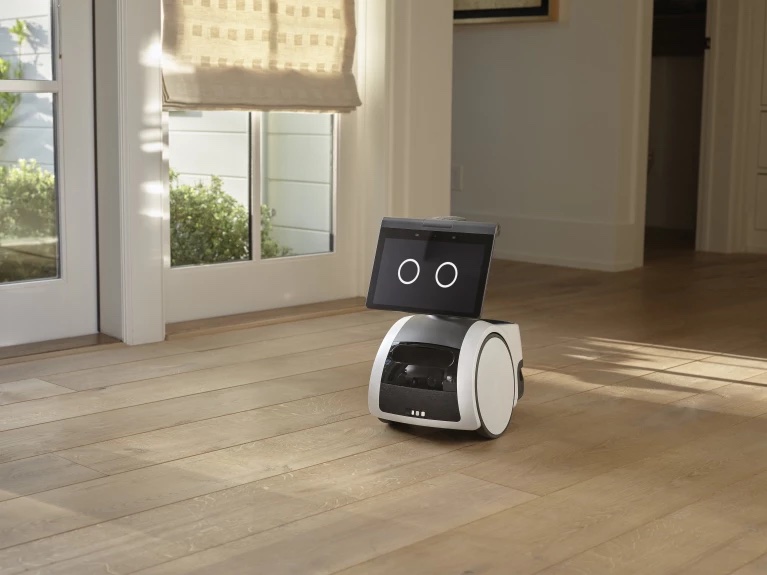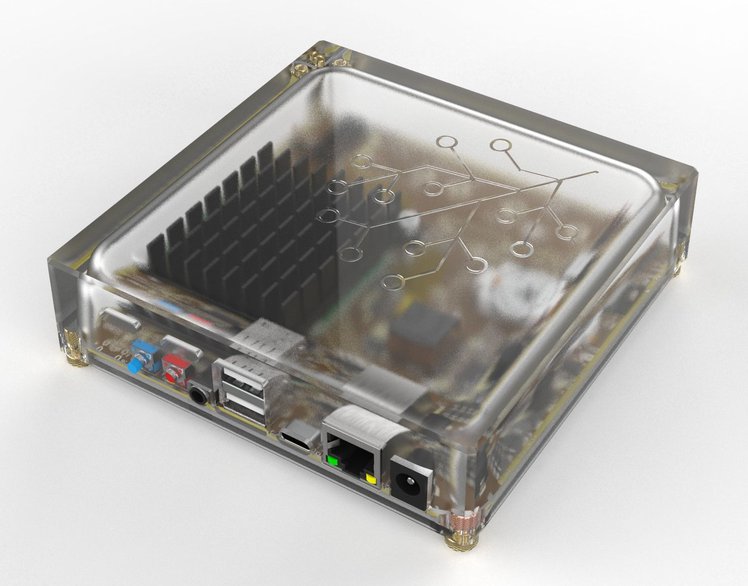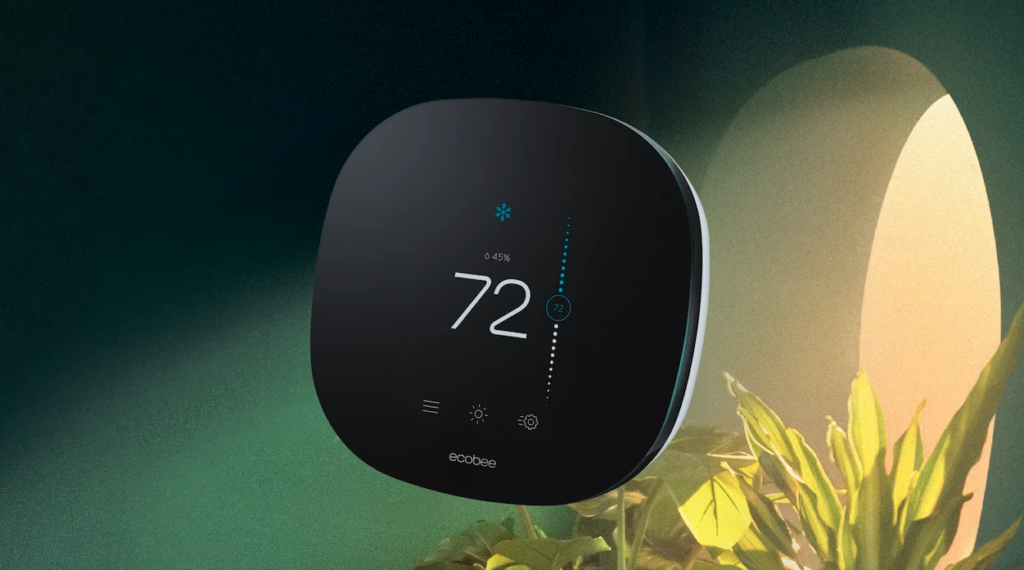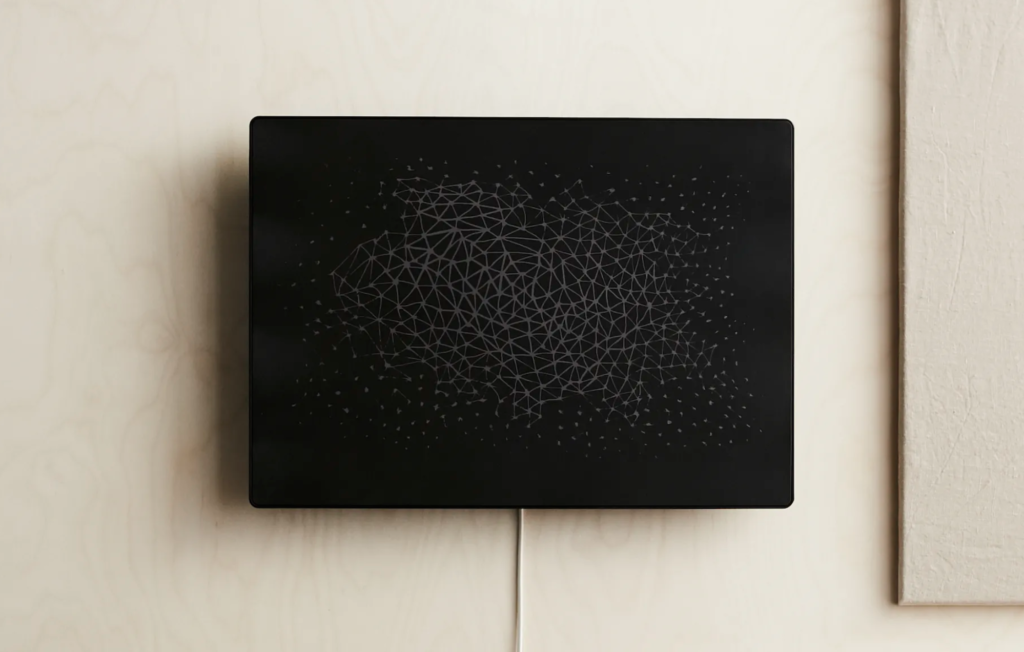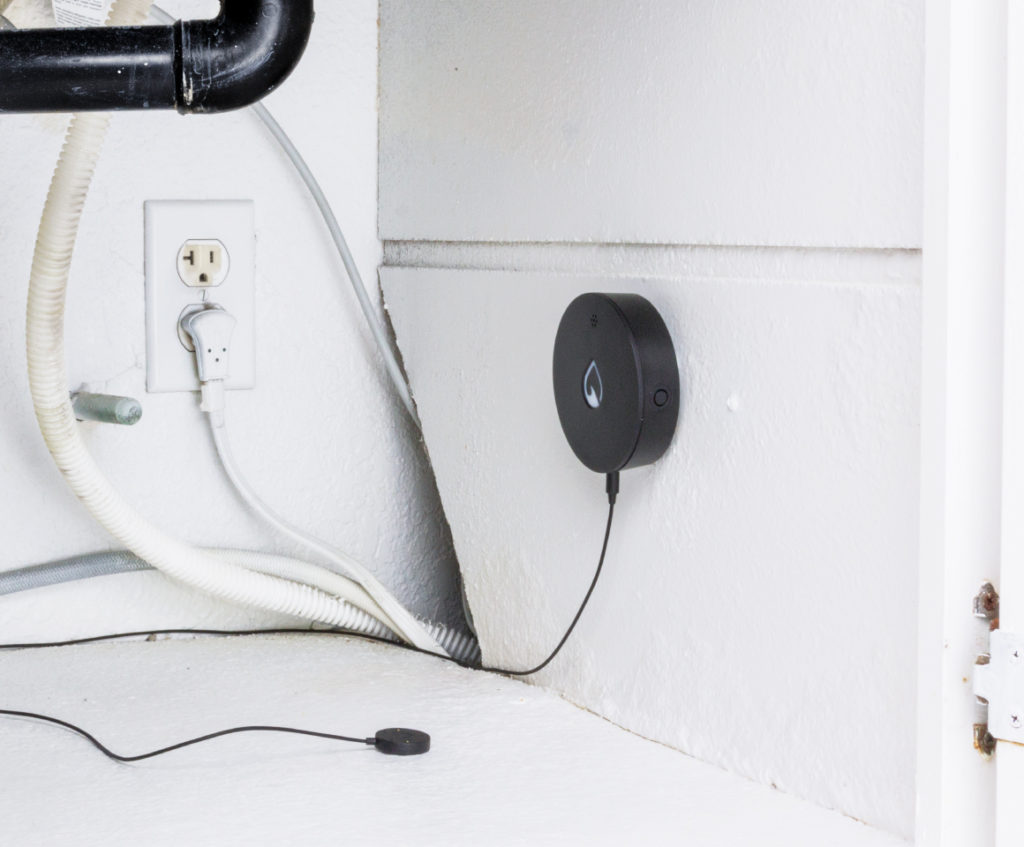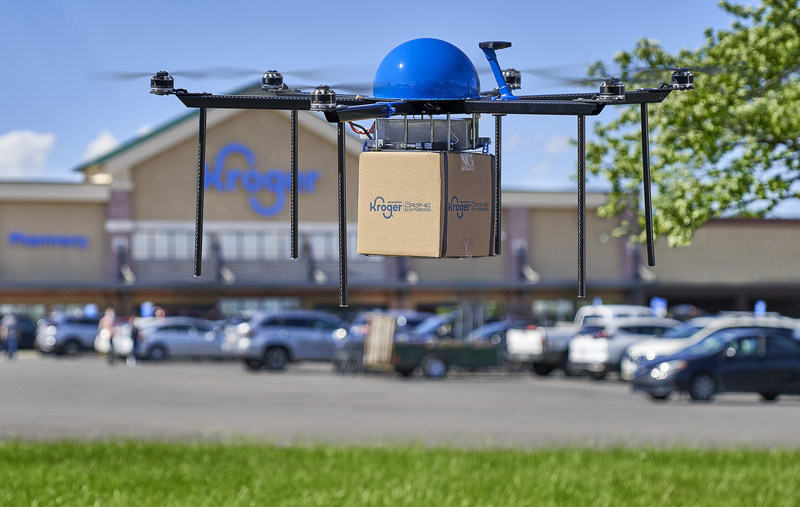The big news in IoT this week was the announced acquisition of Ecobee by Generac, so Kevin and I share our thoughts on the deal and what it means for the smart home. After that, we were excited to see Amazon launching a smart air quality monitoring device for $70 as well as publically state its support for Matter. We also cover Facebook’s decision to stop using facial recognition and believe that more companies will seek to prove they are trustworthy in hopes of getting even closer to us as consumers. Then we talk about the EU’s addition of new categories to its cybersecurity rules, the new Flic Twist campaign, Tempo’s smaller, cheaper home gym, ADT’s security service for DoorDashers, and a $500 kid’s toy that I really want. We also note that the Espresif ESP32s now formally support the Zephyr RTOS. We end by answering a question about whether or not you need the device app to update HomeKit-compatible products.
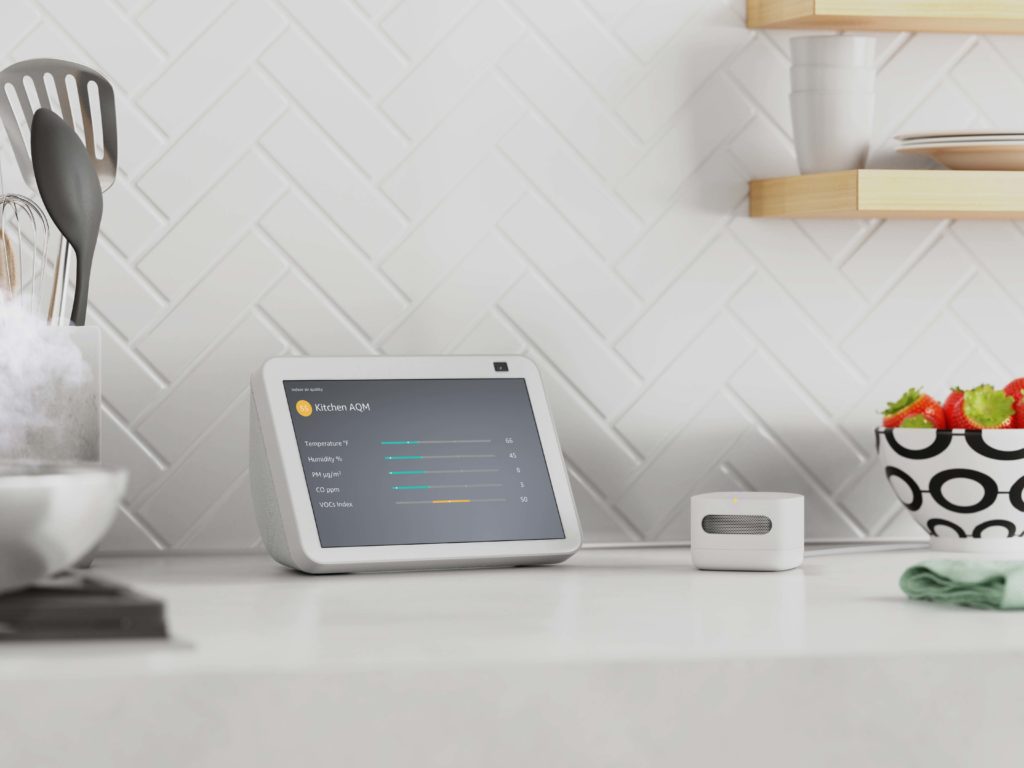
Our guest this week is Sri Samavedam, who is the senior vice president of semiconductor technologies at imec, a semiconductor R&D consortium. We discuss imec’s new effort to research sustainability in chip manufacturing. You’ll learn how chips are made and why manufacturing ICs delivers such a blow to the environment. Samavedum explains why Apple has joined its efforts and how it plans to measure the carbon footprint of chipmaking. He also offers some advice for product manufacturers and consumers on how they can use chips more responsibly given how much they cost (in terms of environmental damage) to make. There’s no sugar-coating it, we need more data on this and we also need to think about using silicon for longer than we do today.
Hosts: Stacey Higginbotham and Kevin Tofel
Guest: Sri Samavedam, imec
Sponsors: Very
- What Generac’s Ecobee purchase means for the smart home
- Amazon loves Matter
- Would you buy your kid a $500 hoverboard?
- Chip manufacturing is extremely bad for the environment
- We should try to use our devices for as along as possible
Podcast: Play in new window | Download | Embed
Subscribe: RSS


